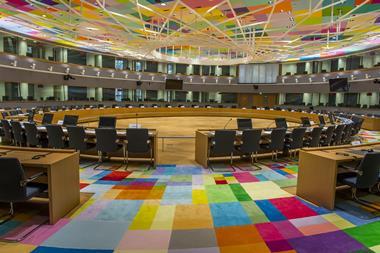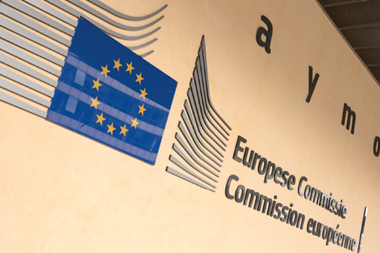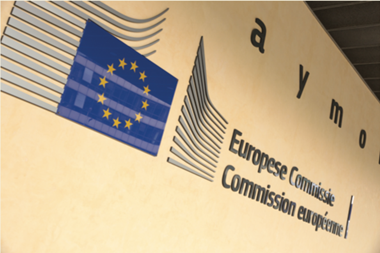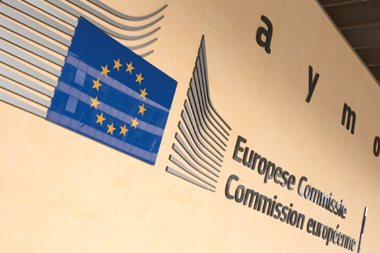The incoming European Commission must set a clear standard for shareholder engagement on sustainability as part of “ambitious” action on sustainable finance to help meet 2030 targets, according to a group of over 20 NGOs.
In a “manifesto” for the EU elections next year, the NGOs also called on the next Commission to expand the current environmental taxonomy framework to account for business activities that are harmful, those that contribute to the sustainability transition, and those that are socially sustainable.
The NGOs also said the Commission needed to get tougher on greenwashing and “social washing” and bring forward legislation to increase the amount of capital banks and insurers must hold relative to their fossil fuel investments.
The groups are also calling for mandatory due diligence obligations on an ongoing basis for their full value chain, and for the Commission to remove barriers to shareholder engagement on sustainability.
“Although European Union institutions and governments have introduced some sustainable finance regulation in recent years, it falls short of what is needed to support businesses to transition to a sustainable economy and protect people and planet,” said Maria van der Heide, head of EU policy at ShareAction, which coordinated the NGOs’ statement.
“The incoming European Commission should put ambitious sustainable finance measures at the heart of its agenda, to accelerate the transition to a resilient zero-carbon economy that protects the whole of society.”
European Parliament elections will be held in June next year after which the Parliament will vote to elect the new head of the European Commission and approve the full team of Commissioners.
Some of what the NGOs are calling for are agenda items that the current Commission is hoping to wrap up. For example, discussions are underway in the EU Council on the Corporate Sustainability Due Diligence Directive (CSDDD), with negotiations between the Member States body, Parliament and the Commission due to resume in the middle of next month.
As concerns the future development of the EU taxonomy framework, the incoming Commission’s appetite for this remains to be seen given how acrimonious the development of the existing green taxonomy was.
Earlier this year the Commission published a package of reports aimed at demonstrating why it did not need to expand its EU taxonomy to cover transition-related activities, but since then Franco-German backing for an extension of the taxonomy to cover transition-related activities has emerged.
The latest digital edition of IPE’s magazine is now available























